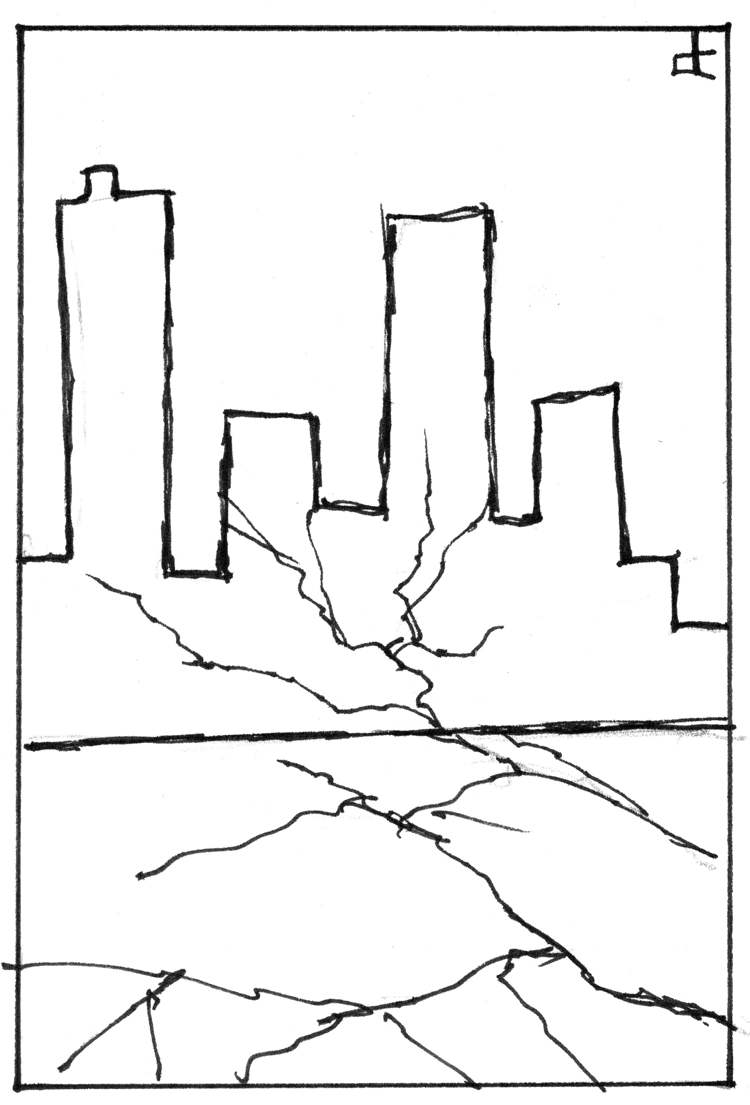Selinger odd man out on tax
Advertisement
Read this article for free:
or
Already have an account? Log in here »
To continue reading, please subscribe:
Monthly Digital Subscription
$1 per week for 24 weeks*
- Enjoy unlimited reading on winnipegfreepress.com
- Read the E-Edition, our digital replica newspaper
- Access News Break, our award-winning app
- Play interactive puzzles
*Billed as $4.00 plus GST every four weeks. After 24 weeks, price increases to the regular rate of $19.00 plus GST every four weeks. Offer available to new and qualified returning subscribers only. Cancel any time.
Monthly Digital Subscription
$4.75/week*
- Enjoy unlimited reading on winnipegfreepress.com
- Read the E-Edition, our digital replica newspaper
- Access News Break, our award-winning app
- Play interactive puzzles
*Billed as $19 plus GST every four weeks. Cancel any time.
To continue reading, please subscribe:
Add Free Press access to your Brandon Sun subscription for only an additional
$1 for the first 4 weeks*
*Your next subscription payment will increase by $1.00 and you will be charged $16.99 plus GST for four weeks. After four weeks, your payment will increase to $23.99 plus GST every four weeks.
Read unlimited articles for free today:
or
Already have an account? Log in here »
Hey there, time traveller!
This article was published 31/05/2012 (4886 days ago), so information in it may no longer be current.
The gathering consensus on the need for urgent and immediate action on Manitoba’s infrastructure problem is now nearly unanimous.
Business groups, municipalities, think-tanks, commissions of inquiry and advocacy groups have been demanding for at least a decade that the province hand over new revenue tools to urban centres, particularly Winnipeg, so that they can rescue their crumbling roads, bridges and sidewalks, but their pleas have been rejected.
Now, however, organized labour — the NDP’s traditional ally — has added its voice to the debate.

The Manitoba Federation of Labour is sponsoring a resolution at this weekend’s NDP convention calling for a one-point increase in the provincial sales tax, with the funds dedicated to infrastructure renewal. The Business Council of Manitoba, which represents the province’s top firms, made such a recommendation a year ago, a significant endorsement since corporations never like tax increases.
It’s less unusual that a labour group would support a tax increase, but the MFL is clearly bucking the entrenched position of the Manitoba NDP, which has been very kind, indeed, to its members.
It would have been more helpful if the powerful labour organization had spoken up prior to the recent civic and provincial elections, but at least they have joined the discussion. MFL president Kevin Rebeck says the idea of tax increases is not a winning strategy during elections, but the NDP has had no problem raising the gas tax and fees for other services since then.
With roughly three years before the next election, this weekend’s convention (the MFL also plans to discuss it at its annual meeting later in June) is a good place to renew this critical discussion.
The question of decaying infrastructure is usually posed as a consumer issue only. Motorists complain about broken front ends, damaged tire rims and spilled coffee, while others fuss about leaking roofs in community centres or cracked sidewalks and decrepit back lanes.
The significance of the decay, however, is much deeper, which is not to understate the impact of lumpy roads on citizens.
The Conference Board of Canada, the country’s foremost independent, not-for-profit applied research organization, says in its latest report, The Role of Canada’s Major Cities in Attracting Foreign Direct Investment, that healthy, vibrant cities (with smooth roads and sidewalks, among other things) are vital to success in today’s global competitive environment.
As national borders have become more porous and less important for investors, global competition today is being waged not so much among countries, but between cities, the conference board says, echoing earlier studies on the importance of municipalities in economic growth.

The conference board surveyed executives at foreign multinationals to get their perspective on what they look for when choosing where to invest. It found investors had serious criticisms of Canada, including the poor physical infrastructure of our cities, which was identified as a key consideration for investment.
“The importance of cities,” the board concluded, “is more than the sum of their GDP.” When cities succeed, so do the surrounding communities, the provinces and all of Canada.
A city with decaying and rusted infrastructure tells visitors it may not be a good place to invest and not even a good place for a vacation.
That’s why the debate on infrastructure spending is not merely about quality of life or bumpy car rides, but also about the ability of Winnipeg to compete with other cities in the world. In the end, it’s about the bottom line and the ability of the community to grow and prosper.
This weekend’s discussion ought to restart a debate that Premier Greg Selinger has too easily and casually dismissed.



